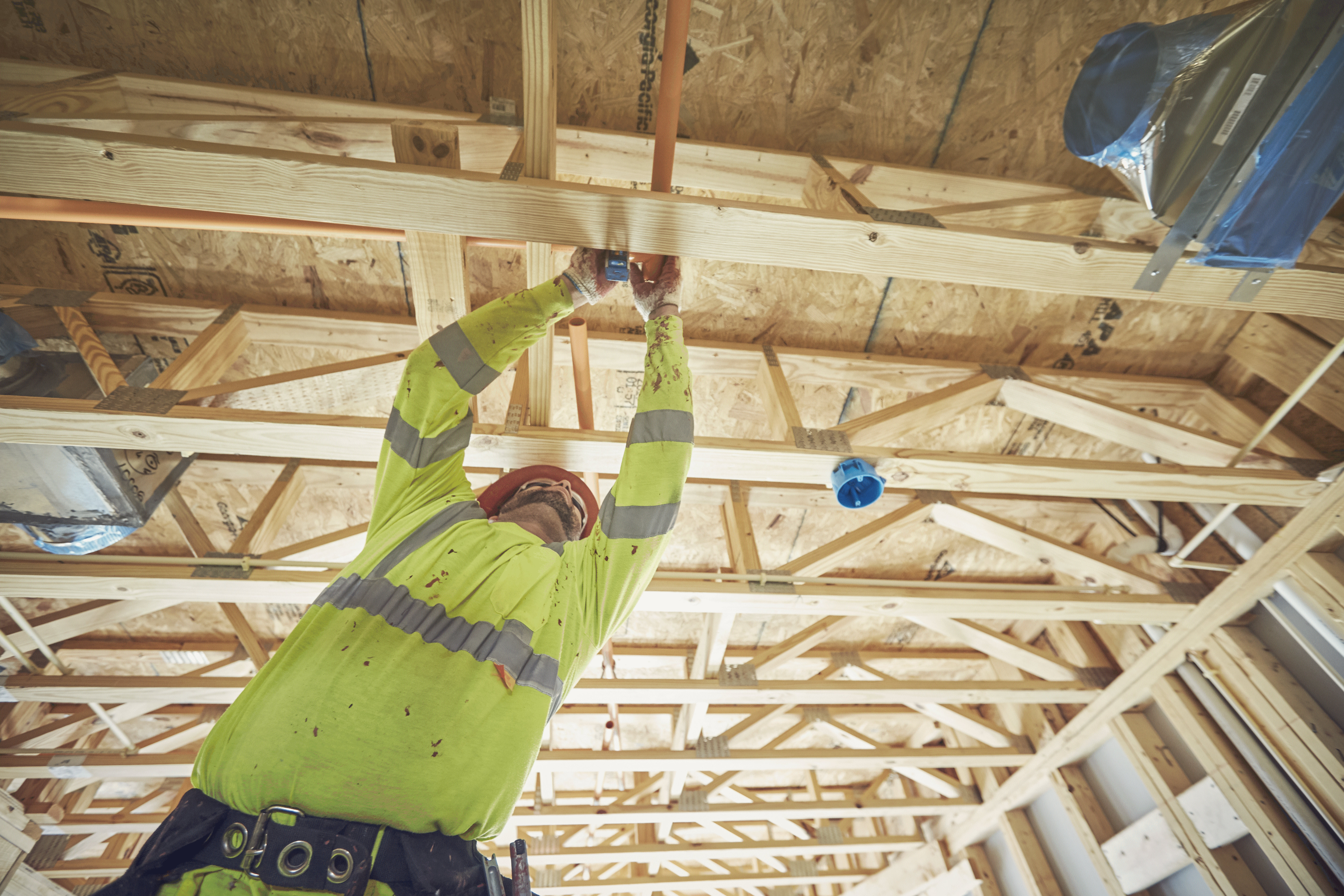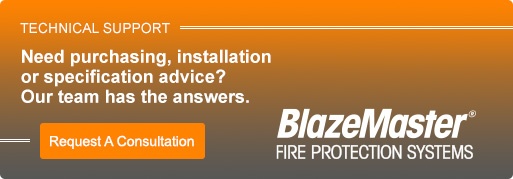How to Choose a Fire Sprinkler Installer
Choosing a qualified fire sprinkler installer is the critical first step to ensuring a fire protection system will perform for many years ahead. As with most services in residential and commercial construction, the range of service providers varies widely from small contractors operating out of a garage to national companies with multiple locations.
Whether you are a homeowner looking to retrofit a residential fire sprinkler system, a developer looking to install sprinkler systems in new construction, or a commercial building owner look to upgrade your fire security, you can start with directories offered by the National Fire Sprinkler Association and the American Fire Sprinkler Association.
To further refine your search, here are four key questions that can help you choose a fire sprinkler installer.
What type of facility are you building or retrofitting?
While many contractors take a jack-of-all-trades approach to installing fire sprinkler systems, others are focused on specific types of buildings. Looking at companies specializing in the type of building that you want to install fire protection in can be a good idea, because they will likely have an advantage in expertise and cost.
Some contractors specialize in fire sprinkler systems for single-family homes, apartments, assisted living facilities and others. Others focus broadly on commercial buildings, ranging from offices to shopping centers to hospitals and countless others.
But some installers drill down to focus on specific types of commercial buildings, such as large warehousing facilities. Because they have specialized knowledge, experience and equipment, they may offer a significant advantage in terms of price, installation time and other key factors.
It’s also essential to understand the level of fire risk in choosing contractors and piping. Most residential and many commercial projects, such as offices, are classified as “light hazard,” where the quantity and combustibility of contents are low. For these types of projects, BlazeMaster CPVC offers advantages such as easier installation, corrosion resistance, and lower costs.
How large is the project?
Bigger, more complex jobs likely require contractors with a wider range of expertise. For instance, a cold-storage warehouse requires a contractor with higher-level capabilities in terms of design, pre-fab resources, logistics and other services. Make sure your contractor is equipped to handle the demands of your specific job.
Insurance is also a key issue. For large, complex jobs such as high rises, power plants or refineries, small contractors may not be able to secure the required insurance or surety bond.
What do you need to protect?
Fire sprinklers protect lives and property. If you mainly want to ensure people have plenty of time to escape in a fire and/or prevent fire from spreading and damaging your property, a water-based fire sprinkler system is usually the best option. Water-based systems can be constructed with either steel or CPVC piping, such as BlazeMaster CPVC. A “wet pipe” system is a water-based fire protection system in which water is constantly maintained within the sprinkler piping. These are by far the most common type of systems for residential and commercial use because of their simplicity; they are easy to install, maintain, and even modify.
In areas that are prone to corrosion or freezing, like cold-storage warehouses and loading docks, a “dry pipe” fire sprinkler system may be the best choice. Dry pipe systems are filled with pressurized air or nitrogen instead of water. While still using water as a suppressant, the pressurized air is held back by a valve. When a sprinkler activates, the drop in air pressure causes the valve to open and water is released into the piping system to fight the flames. These systems are typically more expensive because of their complexity, but are well worth the investment in corrosive or freezing environments.
If you are primarily concerned about protecting high-value assets rather than extending the time occupants have to escape the building, you will want to consider the use of a special hazard fire protection system. Special hazard systems use materials other than water, like foams and gases, to suppress fires. They are typically installed in areas where water damage to the asset is a concern, like in a data center or an aircraft hanger and are more expensive than water-based fire sprinkler systems due to the special suppressant material used and the complexity of the system.
Regardless of the fire sprinkler system type, it is important to research an installer’s experience, qualifications and references specific to the type of system you need to ensure reliability and cost-effectiveness.
What certifications are required in your state?
Installing a fire sprinkler system is much more than simply assembling piping and sprinkler heads. It requires specialized expertise in design and assembly as well as certified skills for installers.
Requirements for fire sprinkler installers vary from state to state. For instance in California, the installer – the person doing the work – must be a certified fitter. In other states, the contracting firm must be certified.
Different requirements also apply to the design and engineering of a project. Every successful installation starts with engineering and a quality design, typically developed using 3D CAD technology. In some states, plans must be stamped by a Professional Engineer (PE), while other states only require that plans be completed by individuals with NICET training. It’s important to know the requirements in your state and ensure the contractor you hire meets the standards.
In addition, manufacturers recommend that installers should be certified every two years through our ongoing training programs. These guidelines add confidence that the job will be done right and will perform as planned for decades to come. Authorities Having Jurisdiction may require that level of training when plans are submitted.
Making the Right Choice
As with selecting any contractor, when choosing a fire sprinkler installer, look for the right mix of credentials, experience and the right capabilities for your job. The result will be a fire protection system that provides decades of protection for people and property.


